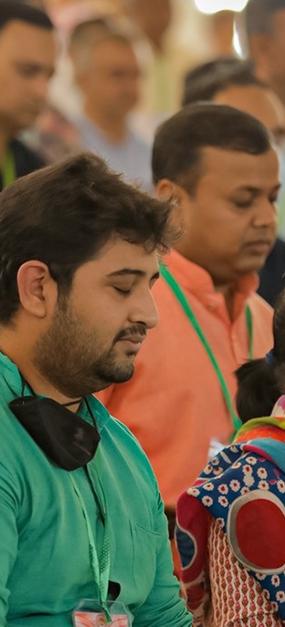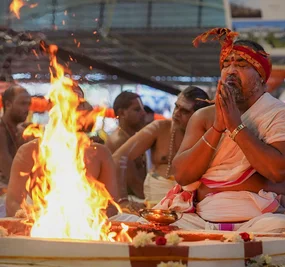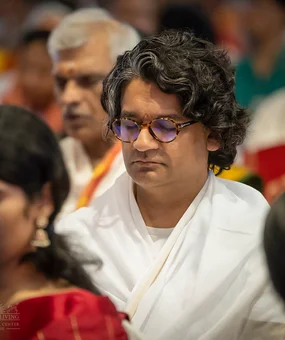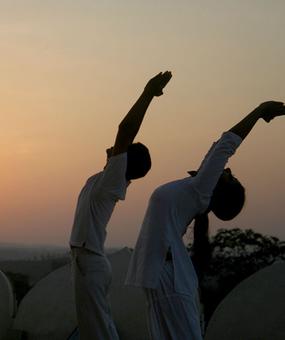Navratri is one of the most celebrated festivals in India. It is marked with several rituals, pujas, and fasting that last for nine days to honor the victory of Durga Maa (divine feminine) over the demon Mahishashura. Sharad Navratri marks the end of monsoon and the beginning of winter, which signifies a change in season. While fasting during Navratri has a devotional essence, it is extremely beneficial for our health too. Moderation of food during the seasonal transition helps control our senses, amps up our digestion and keeps us active.
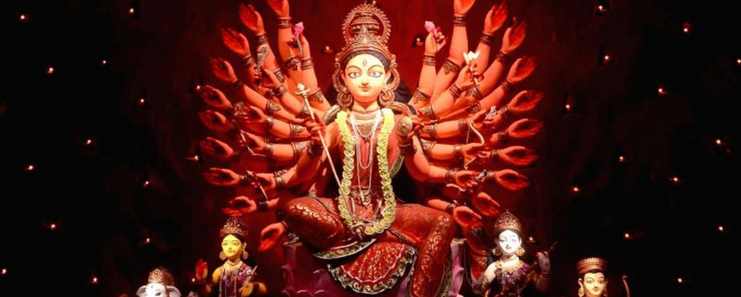
In this article, we will go through a list of things you must avoid during Navratri with its historical and practical implications.
8 Things to Avoid During Navratri
1. Sleeping on the Bed
It is believed that any luxury must be minimized when observing a fast. Since Navratri is the sacred festival of fasting and prayers, it is advised for people to sleep on the floor (Bhoomi Shayan). Sleeping on the floor also keeps us connected to Mother Earth and encourages humility. Additionally, sleeping on the floor strengthens our bones and reduces back pain issues.

2. Arguments or Violence of any Kind
As per the popular belief, festivals are occasions when gods and goddesses visit our homes. It is always understood that peace should thrive on these days for the Divine to bless us with happiness, good fortune, and health. Arguments, quarrels or violence of any kind must be avoided during Navratri. Avoiding arguments keeps away feelings of anger and hatred. It encourages us to be resilient and live gracefully.
3. Leaving the Home Empty
Many people perform the Navratri Puja by observing fast on all nine days and by lighting the Akhand Deep (inextinguishable lamp). Someone must stay at home if the Akhand Jyoti has been lit. Akhand Jyoti is lit to express devotion towards Maa Durga and for consistent lighting of the Jyoti, someone needs to supervise it for all nine days. Leaving the Jyoti alone with nobody in the house is considered disrespectful to the Goddess. Akhand Jyoti symbolizes the victory of good over evil. As the lamp burns and lights even the darkest of places, we must never lose hope in our worst times. This observance of Akhanda Jyoti teaches hope and perseverance to the devotees.
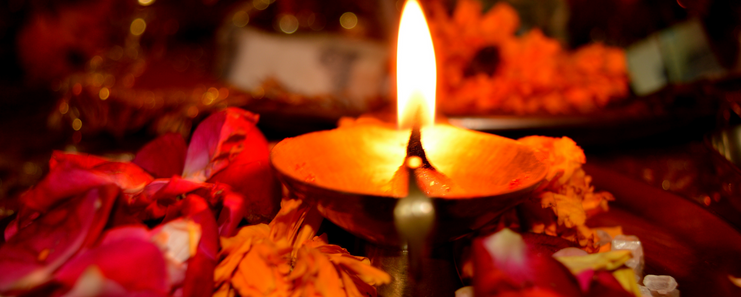
4. Non-Celibacy
Being in celibacy mode and avoiding physical relations is essential when observing the Navratri Puja rituals. Doing so keeps you focused and gives you power over your senses and organs. Our energy level goes up without any diversion or exertion and hence we are at our best forms. It takes us on the path of knowledge and imbibes wisdom and patience in us.
5. Eating Non-vegetarian or Rich Food
Non-vegetarian food and any type of rich food is strictly avoided by devotees during the nine days of Navratri. While eating non-veg food is considered a sin as it involves sacrificing a creature, food like garlic, onion, processed food, etc are also avoided as they are not a part of the Sattvic diet. . A Sattvic diet helps detox the body and improves our focus through better digestion and metabolism. Also, since Navratri implies a seasonal transition, foods like onions and garlic could heat the body, making us sick.
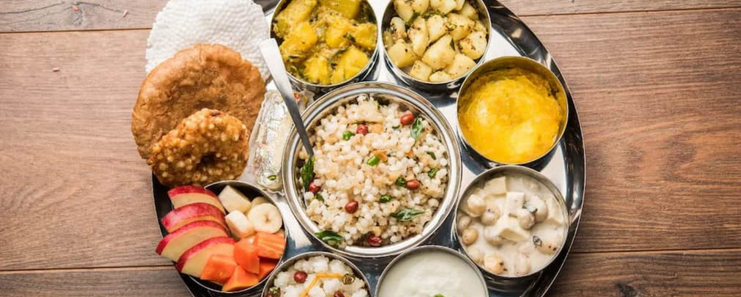
6. Shaving, Cutting Hair and Nails
Devotees observing fast also avoid shaving and cutting hair and nails during Navratri. It was believed that these activities were done to maintain their beauty and hence deviated from the purpose of the Navratri Puja. The practicality behind this rule is that since Navratri starts during the end of the monsoon, which carries a lot of moisture, a cut while shaving could take a lot of time to heal.
7. Yell or Talk Too Much
Devotees, especially women, are known to observe vow of silence (or Maun Vrat) during Navratri. It is a way of expressing devotion to Maa Durga and in reverence of her valor and vigor in defeating the demon king, Mahishasura. Maun Vrat with dhyan (meditation) helps improve our awareness. It also gives us control over our mind and speech, and helps attain inner peace, making us more aware.
Navratri is a journey from the outer world of names and forms to the subtle world of energies; to the innermost core of our being; the Self
Gurudev Sri Sri Ravi Shankar
8. Eating Before Charity
Every ritual gets completed only by offering donations and gifts to the less fortunate. Kanya Pujan (worshipping little girls) is also celebrated during the Ashtami or Navami of the Navratri where nine girls are invited by devotees to their homes and are treated with food and gifts. People eat only after charity because they believe they need to serve the Mother Divine first through these donations and charity.
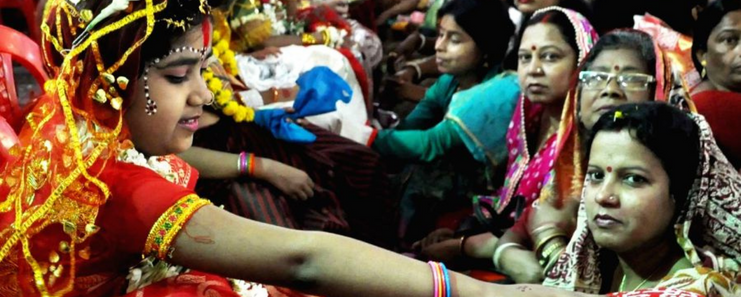
Navratri represents how the negativity can be conquered by the inherent positive qualities in us.
Gurudev Sri Sri Ravi Shankar
Charity of any kind is a service and any service to man is service to the Divine. Serving others drives away our ego, keeps us more grounded, brings deep satisfaction and improves our overall well-being.
Learn how meditation can help you become more aware and achieve the state of calmness that makes the process of Navratri fasting easier and fun. Join us this Navratri season and celebrate with a host of cultural events to feel the holiday vibrations. Feel the joy and peace within through yoga and meditation.









